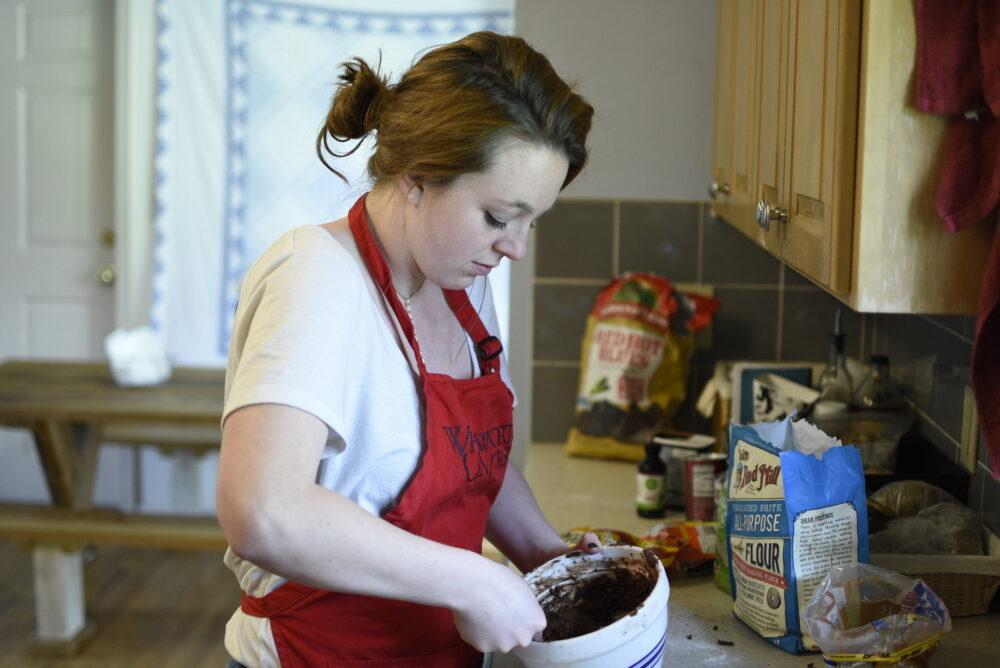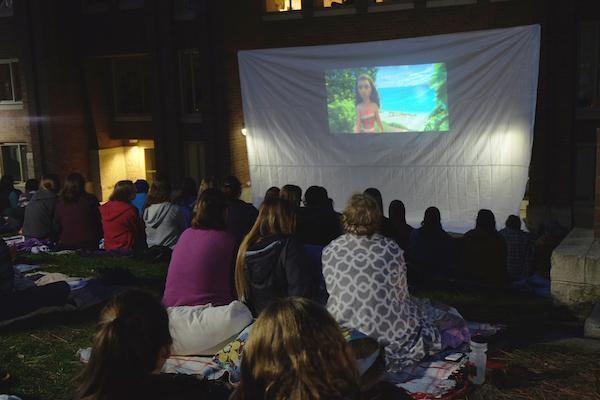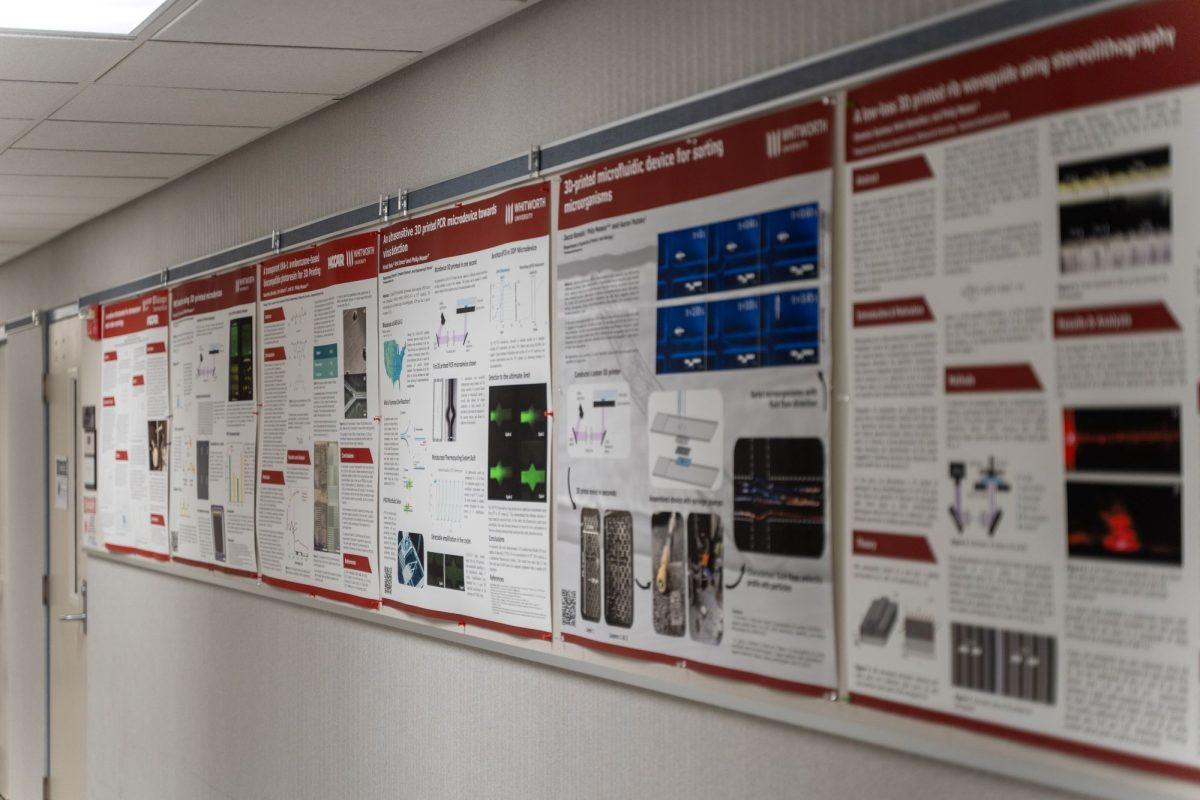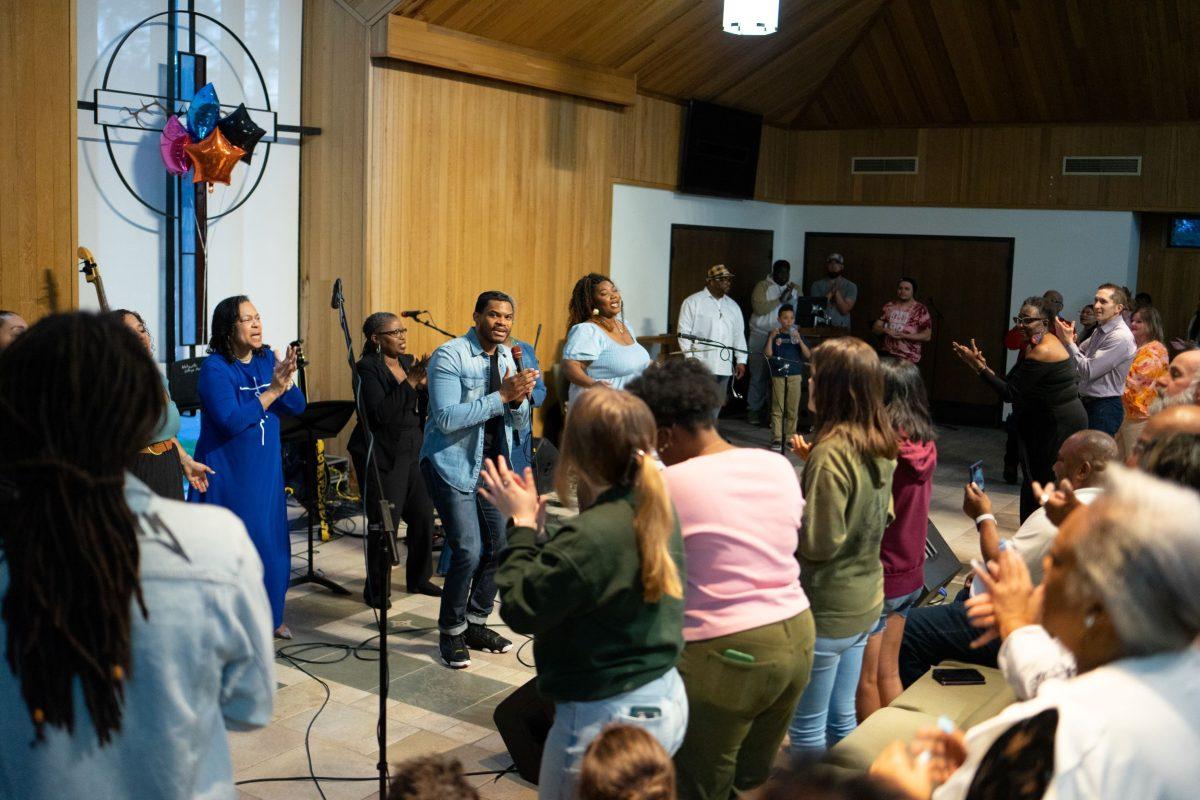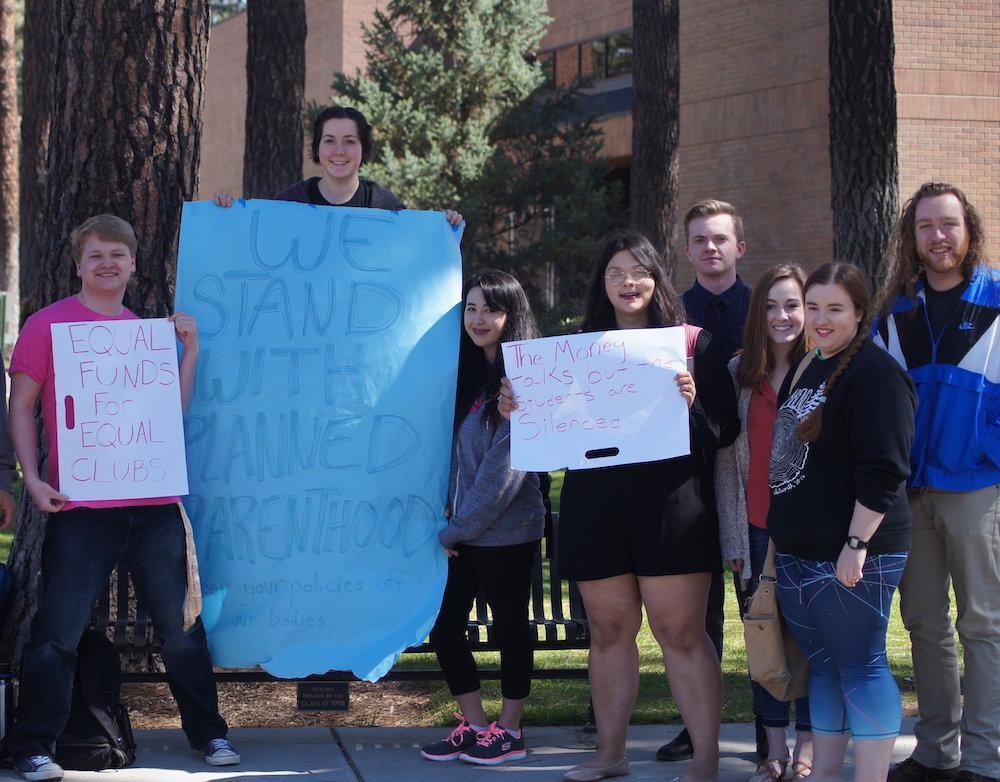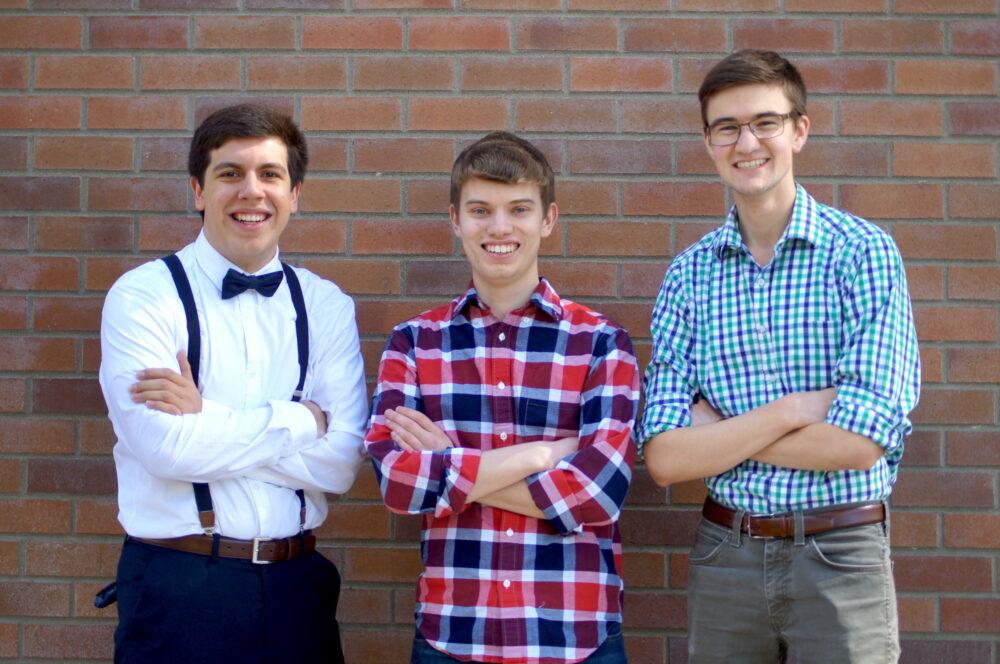Taylor requests trustees to remain neutral on CCCU’s definition

The Council for Christian Colleges and Universities, (CCCU), has added to its criteria to remains a governing member. Members must subscribe to the CCCU’s definition of marriage which is between one man and one woman.
The CCCU is a higher education association of 178 Christian institutions around the world designed to advance the cause of Christ-centered higher education, according to the CCCU’s website.
Since the formation of the CCCU in 1976, Whitworth University has supported the CCCU tenets as a governing member of the organization. The CCCU has a criterion of beliefs that institutions must agree to in order to be a governing member of the organization. An addition to the criteria made last summer, for membership of CCCU concerning the definition of marriage has caused President Beck Taylor to bring the possible membership status change to the Board of Trustees’ attention.
The criterion from CCCU under question is: “We hold the Christian belief that human beings, male and female, are created in the image of God to flourish in community, and, as to intimate sexual relations, they are intended for persons in a marriage between one man and one woman. We advocate for the right of Christian institutions to maintain practices that align with this sexual ethic.”
Following the addition to the CCCU criteria, Taylor decided to propose that the Board discontinue Whitworth’s governing membership with the CCCU and instead be collaborative partners with the organization.
“Governing membership, as I understand it, is reserved for those institutions which can support and affirm all of the new membership criteria that have been set forth,” Taylor said. “If an institution cannot support every single one of those criteria, then they can become collaborative partners.”
Whitworth lines up well with most of the new membership criteria for the CCCU, Taylor said.
“[However,] there is one new criterion which is new to the CCCU—which would be difficult, given Whitworth’s quarter-century history on the issue around homosexuality and gay marriage—that unless Whitworth took a very different position than it has in the past quarter-century, it would be very difficult for us to line up in the governing membership category,” Taylor said.
Taylor anticipates a variety of reactions from families of students and alumni about the switch to collaborative partner if the Board agrees to change membership status.
“I am persuaded that our position is the position for students who are debating this issue themselves, are curious about the various sides of this issue, and, frankly, have lived a very different experience than people of my generation or older, as it relates to this,” Taylor said. “Yes, people will be upset with us, no matter what. I think it is important, though, to make very clear that it is the CCCU that is changing, not Whitworth University.”
Taylor and other staff members emphasize the importance of Whitworth’s lack of stance for or against same-sex marriage, seen in Taylor’s initiative to talk to the Board of Trustees about the CCCU.
“To not take a position opens doors for conversation,” Keith Beebe, professor of theology said. “What we are doing as an institution is helping students learn how to think through issues, how to think critically, and so we apply this in our classes, too. We represent different positions, try to do in an even-handed way. We think students are better served than simply saying, ‘Here is what you must believe.’”
If Whitworth is to make the switch from a voting member to a collaborative partner, the University’s status as a Christian institution will not change.
“My concern is that there might be some constituents of the institution that look at this decision and improperly elevate the significance of the CCCU with respect to Whitworth’s mission,” Taylor said. “Whitworth will be a Christian and Christ-centered university with or without the CCCU. Our choice would be to fellowship with other Christian universities: we think that that is important.”
Other faculty members support Taylor’s decision to preserve Whitworth’s tradition of welcoming diversity in the student body to campus. Kathy Lee, professor of political science, sees the possible transition to collaborative partnership as a mark of Whitworth’s character.
“I think that it sort of says to the outside that we try in our way to embrace people no matter who they are,” Lee said. “At this moment in time, with the election, that, to me, is extremely important. So we say to the outside world we hold to these Christian truths, but that does not mean we exclude: in fact, it makes us, or compels us, to include people. Right now, from my perspective, that needs to be shouted from the rooftops.”
The Board of Trustees will meet in January and April of 2017 to discuss and decide Whitworth’s membership status of the Council for Christian Colleges and Universities. The CCCU is requiring its constituents to announce a decision before July 1, 2017. More information about the council can be found online at www.cccu.org.


